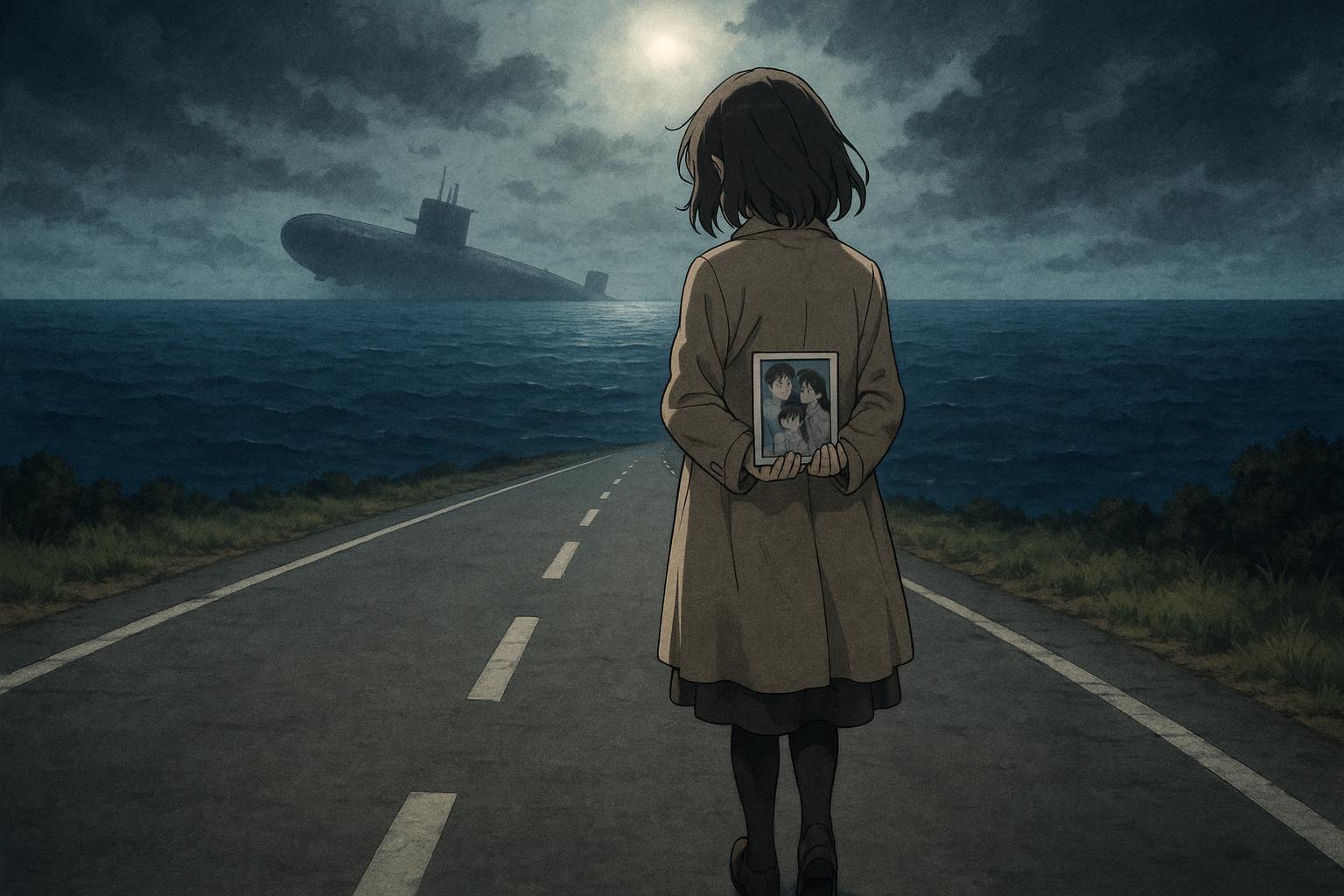Christine Dawood, who tragically lost both her husband, Shahzada Dawood, and their son, Suleman, in the catastrophic Titan submarine disaster, has voiced a profound sense of anger and disbelief, attributing their deaths to “ego and arrogance.” The pair perished alongside three others during a June 2023 expedition to explore the Titanic wreck, which ended in the implosion of the vessel 3,800 metres beneath the ocean's surface. This disaster has reignited intense scrutiny over the safety protocols surrounding extreme tourism, particularly in deep-sea exploration.
Recollections of the incident indicate that the Titan submersible lost communication with its support vessel, the Polar Prince, approximately 1 hour and 45 minutes into its descent. The distress signals triggered an international search effort but by then it was too late; all five individuals aboard, including OceanGate's CEO Stockton Rush, experienced instant death as the submersible imploded. This disaster not only claimed lives but also stirred fear and uncertainty in an industry increasingly operational yet remarkably under-regulated.
Ms Dawood, now an advocate for stricter oversight of such expeditions, expressed her dismay at how her husband and son could be lured into this perilous adventure for a hefty fee of $250,000 each. Speaking to the BBC, she described the “American way” of presenting such ventures as excessively confident, stating that there was a pervasive culture of boasting about capabilities. “I mean, there is a lot of, 'we are awesome,' and the American dream, and, 'we can do it,’” she said, encapsulating her disillusionment with the operators' attitude.
The aftermath of the incident saw an outcry over OceanGate's operational integrity. Reports revealed that despite receiving warnings from industry experts about potential risks associated with their unorthodox approach, including using a video game controller to pilot the vessel, these concerns were consistently downplayed by Rush. This behaviour led to a chilling reflection on the very nature of deep-sea tourism, a sector that has attracted wealth and adventure seekers but lacks robust regulatory frameworks.
Shahzada and Suleman were among five who died in this tragedy, joining other notable figures like adventurer Hamish Harding and renowned Titanic expert Paul-Henri Nargeolet. Their deaths underscore a trend in high-stakes tourism, where companies often prioritise spectacle over safety. In light of this, experts pulse towards a pressing need for stricter regulations—most notably that of comprehensive safety protocols. The fear and anxiety surrounding this sector became even more pronounced as the Coast Guard’s intensive investigation continued to reveal the profound risks involved in such deep-water explorations.
Adding to the investigation’s complexity, David Lochridge, OceanGate’s former director of marine operations, had previously raised red flags. He insisted on more exhaustive evaluations of the Titan prior to the ill-fated voyage, highlighting the need for rigorous testing and structural integrity scans. Such warnings remained unheeded. Significantly, Lochridge was removed from his position after voicing his safety concerns, an action that many speculate was a tacit reflection of Rush’s dismissive approach towards conventional safety practices, which he believed stymied innovation.
In the wake of this disaster, Ms Dawood has been walking 800 kilometres from Surrey to Glasgow to honour her son and raise awareness of the safety issues around such expeditions. She is one of many voices advocating for reforms that seek to ensure that the thrill of exploration does not come at the cost of human life.
As discussions around the Titan incident unfold, Netflix has announced it will release a documentary, "Titan: The OceanGate Disaster," set to premiere in June 2025. The film aims to delve deeper into the decisions that led to the disaster, presenting previously unseen footage and testimonies from those who had grave reservations about the project. This step serves to keep public attention on the urgent need for changes in the regulations governing deep-sea tourism, aiming to ensure that safety takes precedence over ambition.
The Titan disaster may remain a poignant reminder of the fragility of life and the dire consequences of overestimating human capability in the face of nature's overwhelming force. In an era where the desire for exploration often collides with commercial interests, questions linger about how we strike the balance between adventure and safety, particularly as more companies seek to navigate the uncharted depths of the ocean.
Reference Map:
- Paragraph 1 – [1], [4]
- Paragraph 2 – [1], [3], [5]
- Paragraph 3 – [1], [3], [6]
- Paragraph 4 – [2], [5], [6]
- Paragraph 5 – [3], [6]
- Paragraph 6 – [2], [5]
Source: Noah Wire Services
